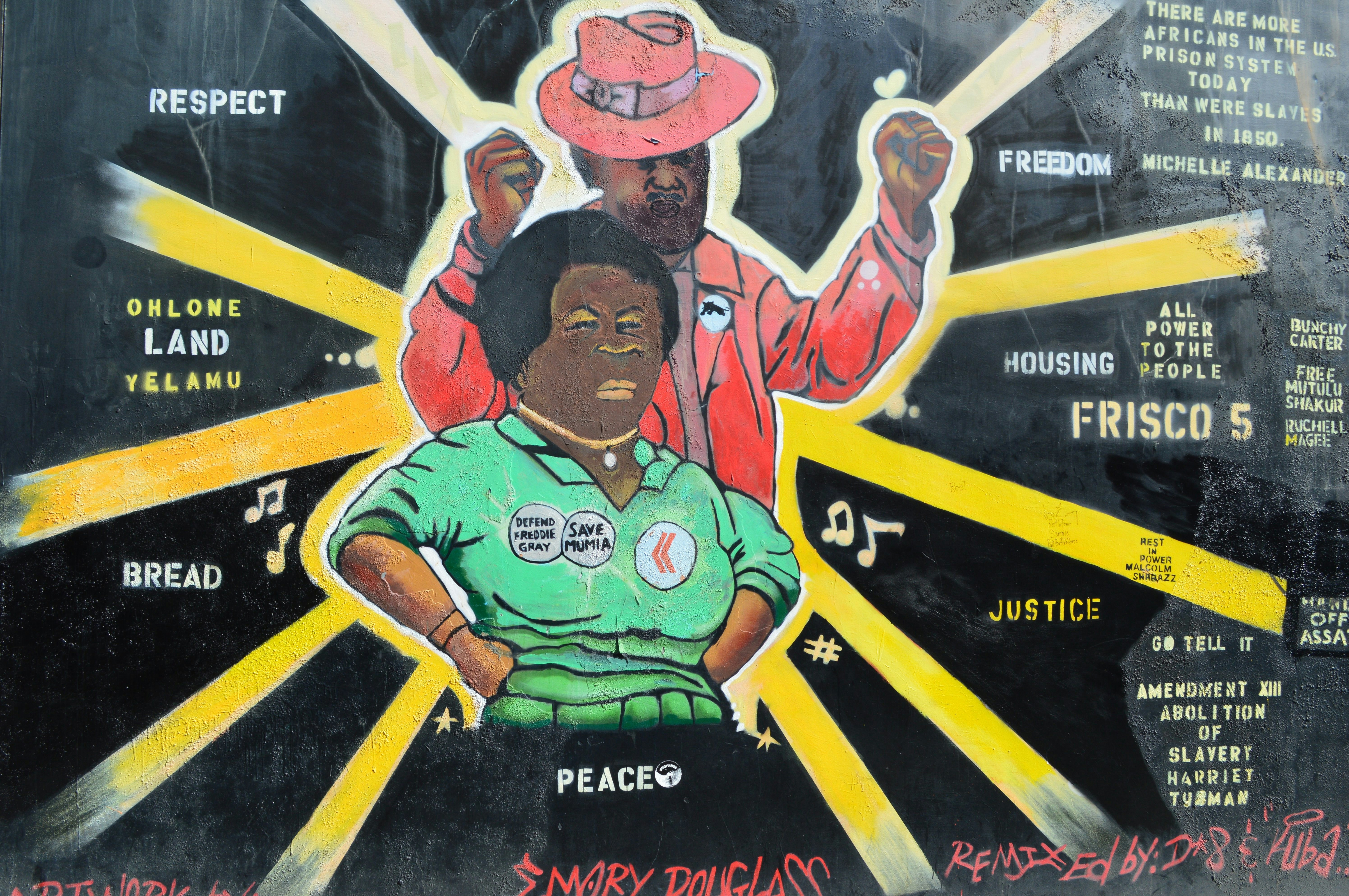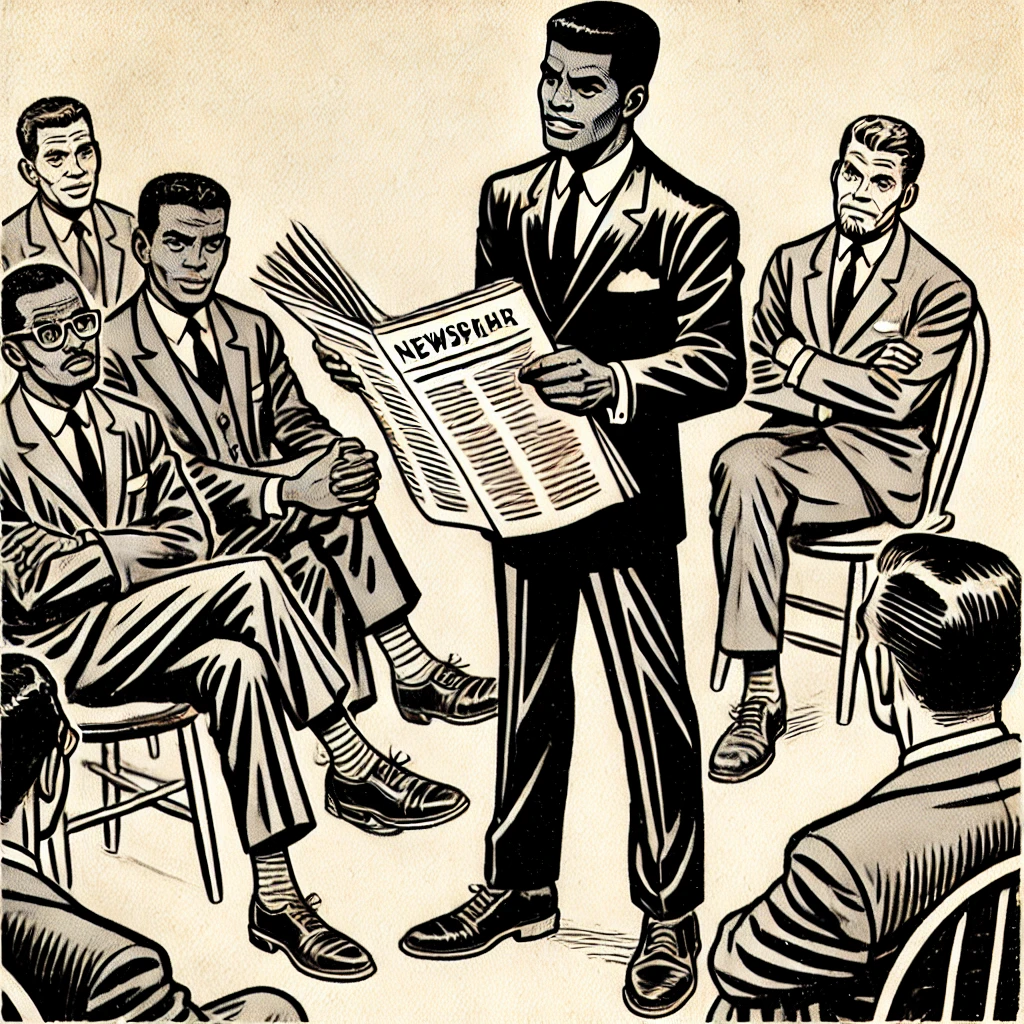Early Life and Background
Assata Shakur, born JoAnne Deborah Byron on July 16, 1947, in New York City, was deeply influenced by her upbringing and the socio-political climate of the time. Her mother, a school teacher, and her father, a World War II veteran and businessman, instilled in her the values of education and resilience. However, Shakur’s formative years were also marked by the challenges faced by African Americans in urban America during the 1950s and 1960s, a period fraught with racial tensions and systemic injustice.
Growing up in a predominantly African American neighborhood, Shakur was exposed to experiences of discrimination and inequality. These early encounters with racial injustice played a pivotal role in shaping her consciousness and identity. The struggles faced by her community laid the foundation for her later activism, fueling her desire for social and political change. The cultural influences of the time, including the Civil Rights Movement and the Black Power Movement, further informed her beliefs and motivations.
Shakur’s early education occurred in a landscape where her intelligence and potential were often overshadowed by her racial identity. She became increasingly aware of the disparities that existed between her community and the broader society. As a teenager, she engaged with the artistic and political movements, finding expression through poetry and literature, which not only reflected her experiences but also inspired her fight against oppression. These formative experiences—her family’s history, the cultural milieu, and her personal encounters with injustice—set the stage for Shakur’s evolution into a pivotal figure in the civil rights movement. They highlight the interplay between her early life and her later commitment to activism, forever linking her identity with the struggle for racial equality and justice.
Political Activism and the Black Liberation Movement
Assata Shakur emerged as a formidable figure in the landscape of political activism during the late 1960s and 1970s. Her involvement with the Black Panther Party and later the Black Liberation Army positioned her as a key player in the struggle for racial equality and social justice in the United States. The Black Panther Party, known for its advocacy of armed self-defense and community programs, was instrumental in raising awareness about systemic racism and promoting Black empowerment. Shakur’s contributions included not only participating in community service initiatives but also delivering powerful speeches that galvanised support for the movement.
In this era marked by intense sociopolitical upheaval, activists like Shakur faced numerous challenges. They encountered violent repression from law enforcement agencies, including surveillance, arrests, and police brutality, particularly aimed at undermining their efforts. Shakur’s personal experiences with law enforcement reflect the broader narrative of the time—activists were often portrayed as radicals or criminals. These encounters heightened her commitment to the cause and informed her writing, which articulates the realities faced by marginalized communities.
Shakur’s writings are not only a testament to her resilience but also an embodiment of the ideals of the Black Liberation Movement. Her autobiographical work, “Assata: An Autobiography,” resonates deeply with themes of justice, empowerment, and the quest for freedom. Through her eloquent articulation of her experiences, Shakur sought to inspire not only her contemporaries but also future generations in the fight against oppression. The legacy she created continues to provide valuable insights into the importance of political activism and the enduring struggle for civil rights and equality in America.
Controversy and Exile
Assata Shakur, a prominent figure in the Black Liberation Movement, remains one of the most controversial figures in American history. Her indictment for murder in 1973, following a deadly shootout involving the Black Panther Party, ignited a complex legal battle that polarized public opinion. Advocates argue that Shakur was a victim of systemic racism and state violence, while opponents view her as a dangerous fugitive who escaped justice. The intricacies of her trial, characterized by allegations of bias and misconduct, further complicate her narrative.
As a result of her convictions and subsequent sentencing, Shakur escaped from prison in 1979 and sought political asylum in Cuba. Her life in exile has been marked by a commitment to social justice advocacy, emphasizing the plight of marginalized communities. Living under the protection of the Cuban government, she has continued to raise awareness around issues such as police brutality and racial inequality. This period of exile also allowed Shakur to cultivate a broader international support network, enabling her to address global human rights issues.
The implications of her status as a fugitive reach far beyond her personal experience. Shakur’s case has been utilized by various activist groups as a symbol of resistance against oppression. The FBI has referred to her as a domestic terrorist, while many supporters view her as a freedom fighter. This dichotomy illustrates the ongoing struggle over narratives in the context of race and justice in America. Shakur’s life in Cuba serves as a potent reminder of the ongoing fight for social change, showcasing how political exile can both silence voices and amplify movements around the world.
Assata Shakur’s Impact and Legacy
Assata Shakur, born JoAnne Chesimard, remains an iconic figure in the realms of civil rights and social justice. Her journey from a prominent member of the Black Panther Party and the Black Liberation Army to a fugitive in Cuba has left an indelible mark on contemporary activism, particularly within movements like Black Lives Matter. Shakur’s powerful writings, especially her autobiography, articulate the struggles faced by individuals in marginalized communities and offer a vivid narrative of resistance against systemic oppression.
Shakur’s impact is deeply felt in the ongoing discourse surrounding race and justice in America. By articulating her experiences with racial profiling, police brutality, and the criminal justice system, Shakur has become a symbol of the fight for freedom, especially for Black women. Her story raises critical questions about equality, representation, and the collective fight for civil rights, themes that resonate with many who advocate for change today. Her legacy continues to inspire activists across various platforms, reminding them of the importance of perseverance in the face of adversity.
Furthermore, Shakur’s influence extends beyond activism into broader societal implications regarding the narratives of race and resistance. Discussions surrounding her life often serve as a catalyst for examining the structural inequalities that persist in America. The heritage of her resistance is evident in contemporary movements that challenge systemic racism and seek to elevate the voices of underrepresented communities. Assata Shakur’s life and writings remain essential in understanding the ongoing fight for justice and equality and in inspiring a new generation to join this critical battle for civil rights.









